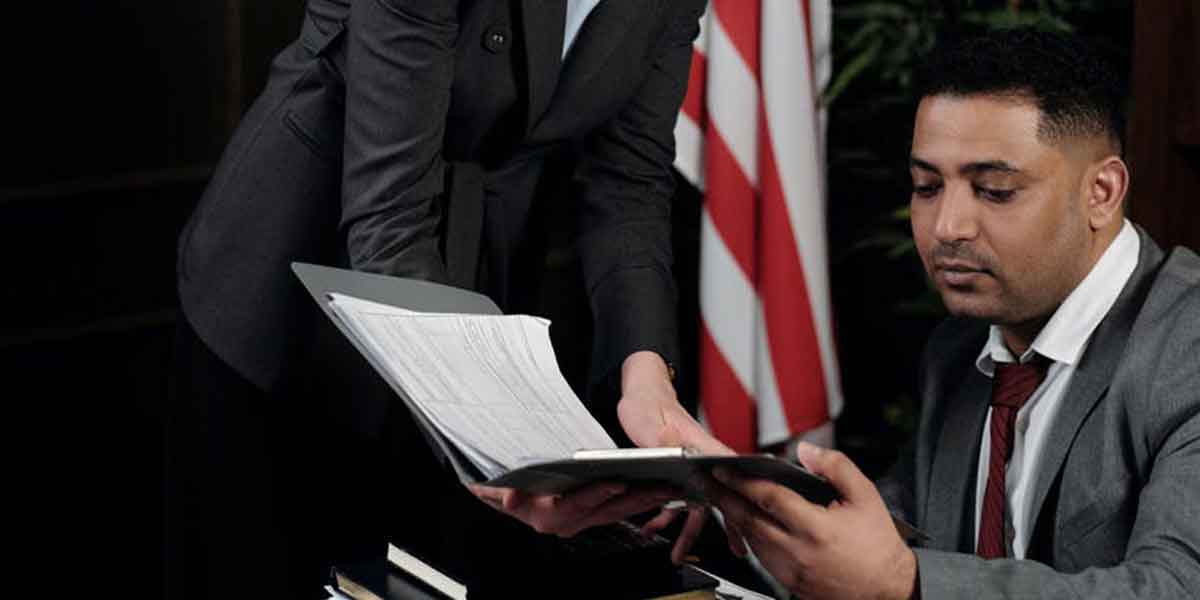Individuals creating a will must designate an executor, a crucial role in the probate process where a reliable and capable person carries out the deceased’s wishes. The executor initiates probate by filing necessary documents and settling debts before distributing assets to beneficiaries.
-
Essential Qualities of an Executor
Responsibility is key for an executor, requiring a sense of duty to manage the estate efficiently and avoid legal issues. While a family member is a common choice, hiring a probate attorney is an alternative if no suitable relatives are available. -
Necessary Skills for Executing a Will
Apart from responsibility, an executor should possess skills to handle family conflicts and potential challenges to the will. Effective communication with heirs and beneficiaries is crucial to ensure a smooth probate process. -
Consideration of Location
Selecting a local executor is advisable as they are familiar with state laws, simplifying the execution of probate procedures. Non-local executors may face challenges due to unfamiliarity with local laws. -
Executor’s Willingness to Serve
An executor’s willingness to fulfill the role is essential for a successful probate process. If appointed against their will, the executor may not perform tasks effectively, impacting the execution of the will. -
Executor’s Health
An executor must be in good health and of sound mind to carry out probate responsibilities effectively. Health concerns can hinder the executor’s ability to fulfill their duties.
the selection of an executor is crucial for the probate process’s success. The testator should carefully consider the qualities and suitability of the chosen executor to ensure a smooth execution of their will.




